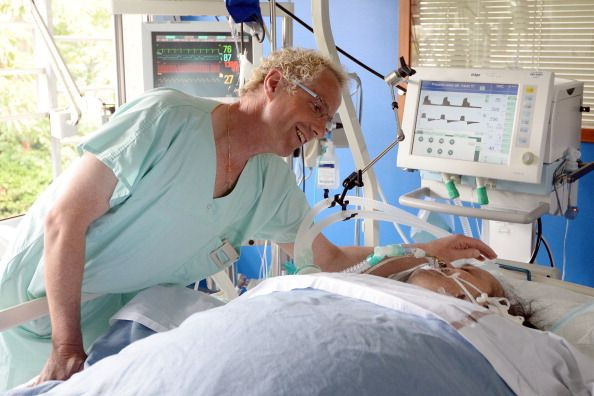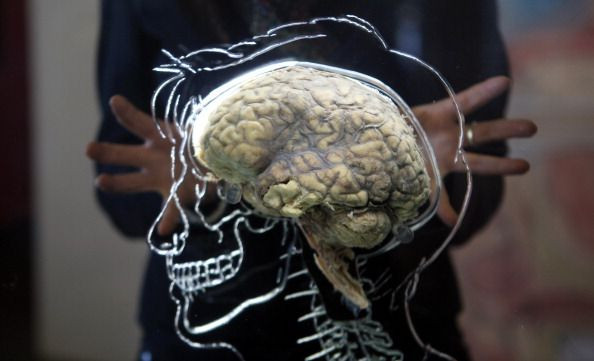Brain Dead Back To Life? Doctor Wants To 'Reanimate Living Cadavers'

A scientist who has dedicated his life to researching how to bring the brain dead back to life may get the opportunity to conduct experimental treatments on “living cadavers” in Latin America.
Dr. Sergei Paylian, 66, has over 30 years of research experience in biomedical sciences including molecular biology, genetics, virology and stem cell biology. When Paylian was 14, one of his young neighbors died. Her coffin was carried through the street in Tbilisi, Georgia, as per Soviet custom. Since then, he has focused on fighting aging and death.
Read: When You Die, How Long Until You're Actually Brain Dead?
His lifetime of work led to a purified extract called bioquantines. Baylian developed them as “combinatorial biologics” of other species such as frogs. He said that when injected into humans, bioquantines can restore and heal diseased or damaged cells. Baylian researched this concept to one day possibly resuscitate a brain dead individual and allow the body to pump blood to the heart again.
Bioquark, the Pennsylvania-based company he founded, is part of a larger venture called ReAnima. ReAnima is dedicated to “exploring the potential of cutting edge biomedical technology for human neuro-regeneration and neuro-reanimation.” Regenerative properties have been observed in fish and amphibians who can regenerate their brains after major injuries. Paylian and his colleagues said they hope the tests they conduct will cause the same reaction in humans, according to the Telegraph last year.
Bioquark and ReAnima planned a project in India to conduct tests in 2016, but they were blocked by the Indian Council of Medical Research. Dr. Ira Pastor, CEO of Bioquark, expressed excitement at the possibility of taking steps toward the “eventual reversal of death in our lifetime.” Although they acquired volunteers who offered their relatives as test subjects in Latin America, they were still waiting for approval from Latin America to conduct experiments there.
Pastor described the concept of full recovery of brain dead patients as a “long term vision.” Part of trial research would include weekly peptide injections into spinal cords as well as stem cell injections into the brain.

Other members of the medical community have expressed doubts about the research of Paylian and his colleagues.
“While there have been numerous demonstrations in recent years that the human brain and nervous system may not be as fixed and irreparable as is typically assumed, the idea that brain death could be easily reversed seems very far-fetched, given our current abilities and not understanding of neuroscience,” Dr. Dean Burnett, a neuroscientist at Cardiff University’s Centre for Medical Education, told the Telegraph in May 2016.
Read: 5 Stem Cell Discoveries That Could Change The Future Of Medicine
Paylian said that he would consider it a victory to get patients breathing independently because it is one step above an irreversible coma.
“Some people say, ‘That’s no good. It’s a poor quality of life.’ And I say, well, number one, I can argue that being dead is probably a worse quality of life than being alive,” Paylian said to Daily Mail. “There’s brain death, or irreversible coma; one step after that is coma, and there are many stages of this; above coma is persistent vegetative state, and above that is your minimally conscious state — and above that, you are awake.”
© Copyright IBTimes 2024. All rights reserved.




















